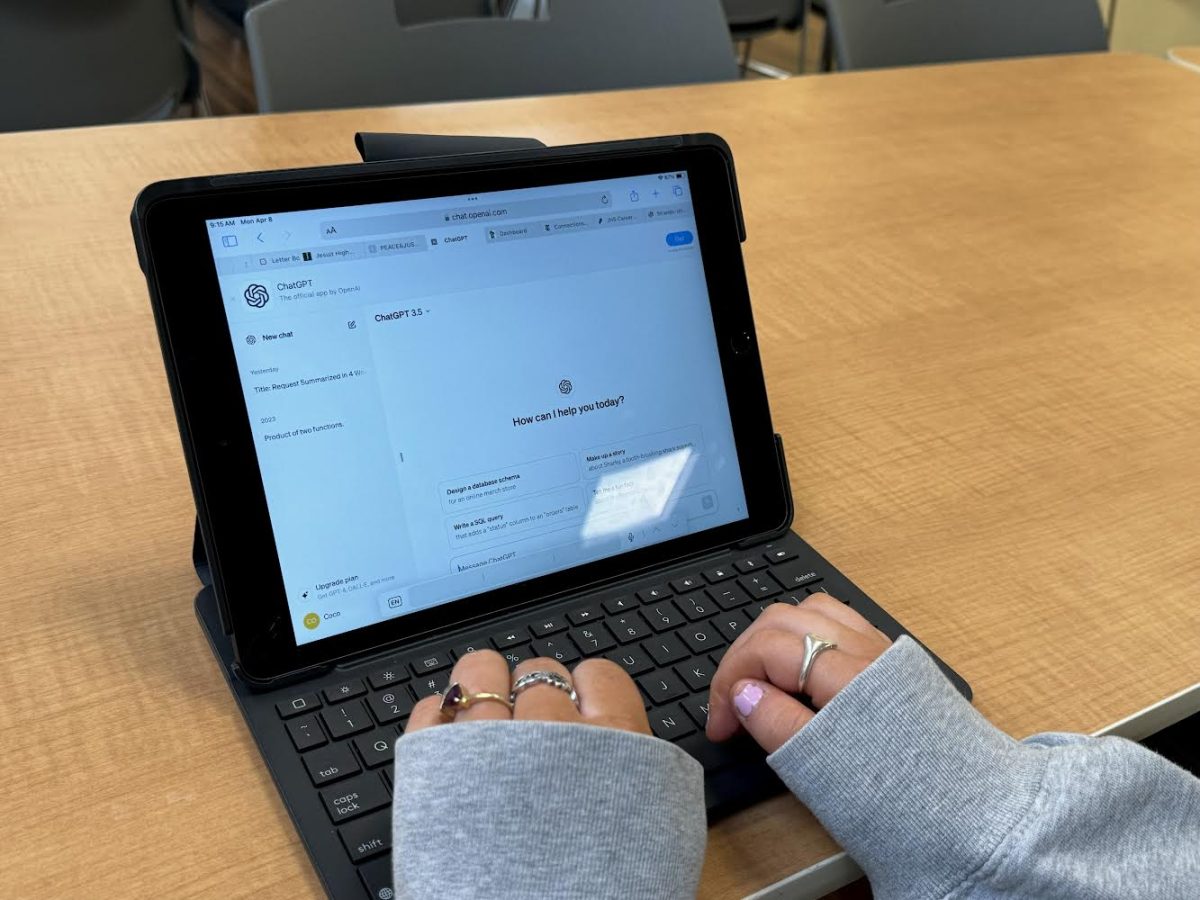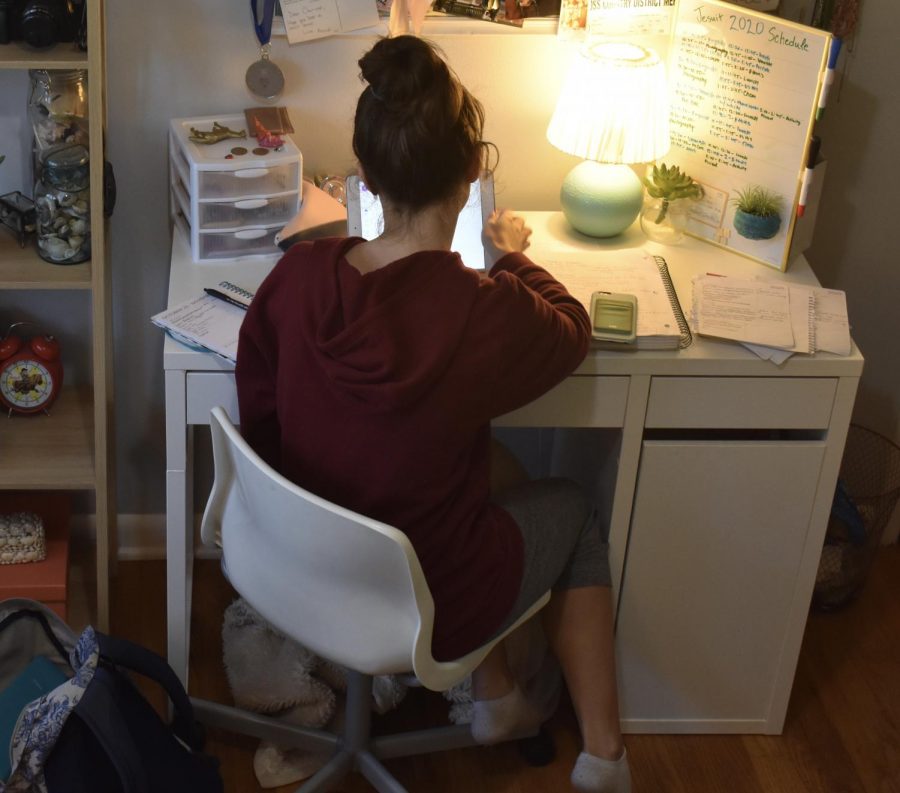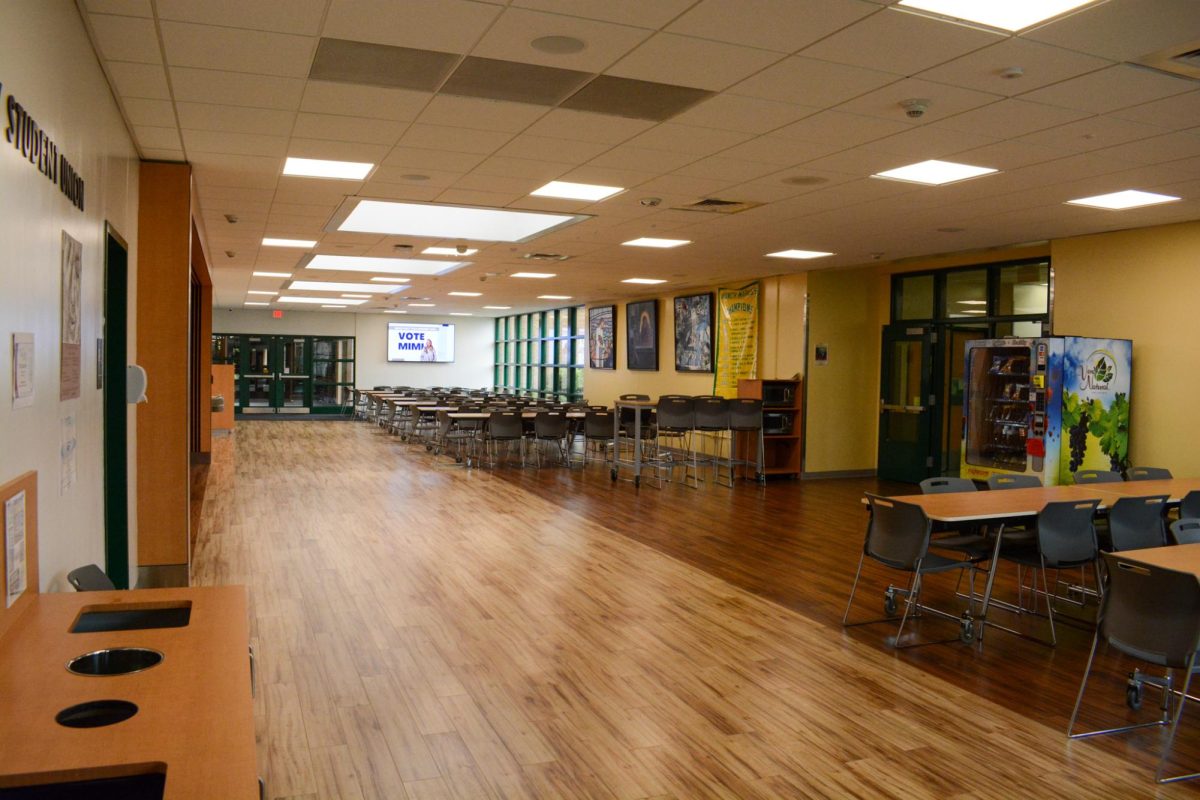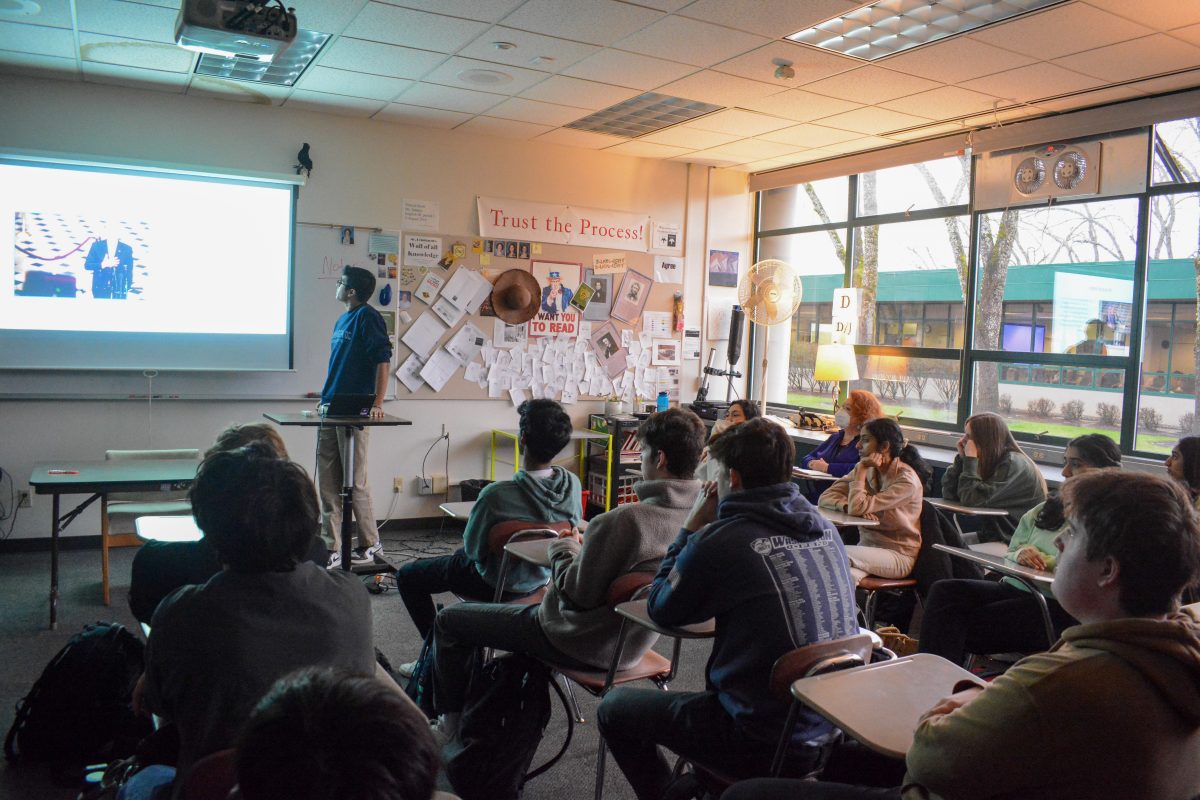It’s 10pm on a school night and I just got home from practice. I’m tired and ready to sleep after a long day but remember I still have to eat, shower, and finish my homework. Trying to achieve these tasks as efficiently as possible, the time turns to 11pm and then to 12am. It seems impossible to get to sleep at a reasonable time and before I know it, it’s 6:20am and time to get ready for school.
School performance and its connection to sleep has become a topic of discussion for students, and many high schools around Jesuit are moving to later start times, such as Beaverton and Mountainside. Jesuit also needs to move their school start times between 8:30am-9:00am.
In an article by American Psychological Association, the author unpacks a comparison between 8:00-8:29am and 8:30-8:59am start times: “Those in schools starting between 8:30 a.m. and 8:59 a.m. had longer sleep duration, less negative mood, and better developmental outcomes including socioemotional health, cognitive development, behavioral health, and physical health” (Weir).
Weir later explains that having that longer sleep duration creates benefits in school performance such as increased attendance and grades and decreased tardiness and sleepiness in class.
On the other hand, it is important to understand that with later start times for school, the later extracurricular activities are and as a result, the later students involved with those activities may get home and go to bed.
Personally, arriving at school on time becomes difficult as the months go on and school demands increase. With increased studying and the stress of turning in assignments,
Since adolescents are mentally and physically growing, sleep is all the more important.
“Sleep research, according to the Centers of Disease Control and Prevention, shows that teens ages 13-18 should get 8-10 hours of sleep per 24 hours” (Smith).
In order for Jesuit’s students to have academic success, it’s crucial that they get between the 8-10 hour range of sleep. Senior Gigi Abernethy shared how many hours of sleep she gets on average school nights.
“On average during the school week, I get around 6-7 hours of sleep. I have to balance time between school and sports which adds another layer of difficulty when it comes to going to bed at a good time. During the end of the semester, it’s even harder to get more sleep because I’m stressed out about finals and prior commitments to sports”.
In a study done by the University of Washington, sophomore college students were monitored when school start times were changed for 7 months. The point of the experiment was to determine if later start times improved the academic performance of the sophomores. In the end, the results showed how more sleep impacted student’s grades positively.
“Their academic performance, at least in the biology course, improved: Final grades were 4.5 percent higher for students who took the class after school start times were pushed back compared with students who took the class when school started earlier” (Urton).
Jesuit needs to move to a later start time for the benefit of their student’s performance and success in school. If other schools in the Beaverton area can do it, why can’t we?










